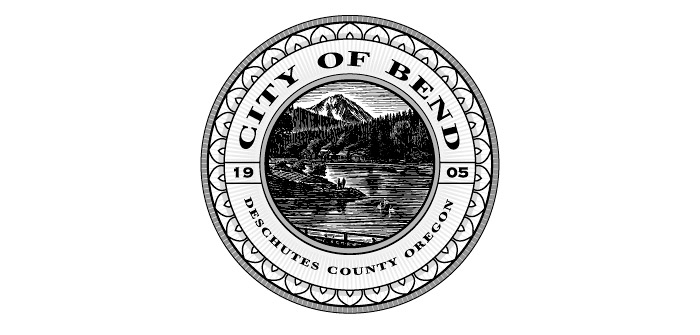On Wednesday night, the Bend City Council had its initial review of the draft code that will implement a Transportation Fee. The draft code and associated fee schedule are available for public review at bendoregon.gov/transportation-fee.
The funds will be used for operations and maintenance of the City transportation system, including pavement restoration, street preservation, signs, striping, sidewalk and other concrete work, bicycle and multi-modal system enhancements, street sweeping and cleaning, winter operations such as snow removal and implementation of programs identified in the 2020 Transportation System Plan. Funds will be restricted to activities performed by the Transportation and Mobility Department and cannot be used for other City purposes.
“Whether you drive a car, ride your bike or stay close to home, we all depend on goods and services getting around our city,” said Mayor Melanie Kebler. “Mail carriers, garbage collectors, grocery deliveries and first responders all rely on the transportation system that connects us to the services we rely on.”
The draft code outlines how the fee is applied to utility bills, how funds can be used, and what the rate structure looks like.
The City Council supports phasing in the fee over three years to generate $5 million the first year it’s collected, $10 million the second year, and $15 million the third year, with rates based on approximate impacts of different uses on the transportation system. Initial estimates generally suggest that single-unit home utility bill accounts could expect to pay about $5.60 per month the first year. Multi-unit attached housing (like an apartment) accounts would be about $4.15 per month (per unit) the first year. Households enrolled in Utility Billing Assistance would pay about half of the applicable rate per month. The City is anticipating a three-year phase in of the transportation fee. The City will continue to monitor the program and rates could adjusted depending on continual analysis. Rate development in the second and third years will include additional engagement.
Non-residential fees are also going to be phased in over three years, with the first year generally using square footage as a method to scale and calculate fees. Most non-residential accounts (up to 50,000 square feet) will pay $6.25 per 1,000 square feet in the first year.
The City has historically relied on the State Gas Tax and a small portion of local property taxes to pay for street operations and maintenance.
“Unfortunately, the funding we have relied on is no longer keeping up with our transportation needs. And at the same time, costs are increasing. The state gas tax revenues, used to fund transportation maintenance, are predicted to flatten or drop in coming years. The Transportation System Plan, our guidebook for Bend’s transportation future into 2040, forecasted this funding shortfall and recommended the Transportation Fee as the first new funding tool,” said Councilor Mike Riley. “The Transportation Fee will give us the dollars we need to take care of these big investments for years to come.”
The Council has been discussing the fee for almost a year. Public engagement related to the fee kicked off with three community roundtables in August, September and October of 2023. Some other Council advisory committees also provided feedback to the Council about the fee, including the Bend Economic Development Advisory Board (BEDAB) which met five times from October to December to provide feedback on the non-residential Transportation Fee. Council provided direction to staff at a work session Jan. 3 to develop the code governs the Transportation Fee.
Next, the Council will hold listening sessions for the public to share its feedback to Council from 4:30 p.m. to 6:30 p.m. on Feb. 26 and from 9:30 a.m. to 11:30 a.m. on Feb. 29. Both meetings will be hybrid and will be held in Council Chambers at City Hall, 710 NW Wall Street. Meeting information is available on the meetings and events calendar at bendoregon.gov.
The Council is expected to have a work session on March 6 to discuss feedback from the listening sessions and is expected to have a public hearing on March 20. The fee is expected to start appearing on utility bills after July 1. Learn more about the transportation fee at bendoregon.gov/transportation-fee.
Accommodation Information for People with Disabilities:
To obtain this information in an alternate format such as Braille, large print, electronic formats, etc. please contact Anne Aurand at 541-388-5573 or aaurand@bendoregon.gov.





